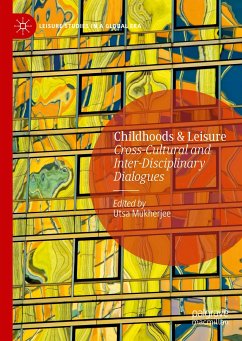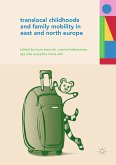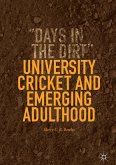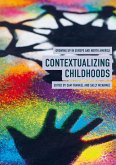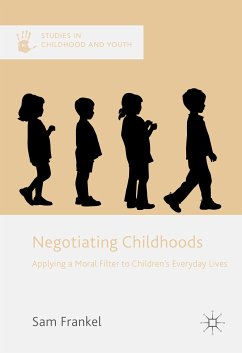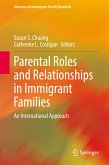Leisure theory has historically been adult-centric and based in the global north, and consequently, children's lived experiences of leisure have remained marginal to theory-building exercises within leisure studies since its inception. As the call for decolonizing leisure studies grows, this book champions a cross-cultural and social justice agenda that does not privilege global north childhoods but acknowledges the multiplicity of lived childhoods across the globe and their inter-connections.
By drawing attention to children's leisure - across multiple genres such as organized leisure, sports, play, and digital leisure among others, this edited volume drives a new wave of research that speaks simultaneously to leisure studies and childhood studies and thereby advances the intellectual remit of global leisure studies.
Dieser Download kann aus rechtlichen Gründen nur mit Rechnungsadresse in A, B, BG, CY, CZ, D, DK, EW, E, FIN, F, GR, HR, H, IRL, I, LT, L, LR, M, NL, PL, P, R, S, SLO, SK ausgeliefert werden.

